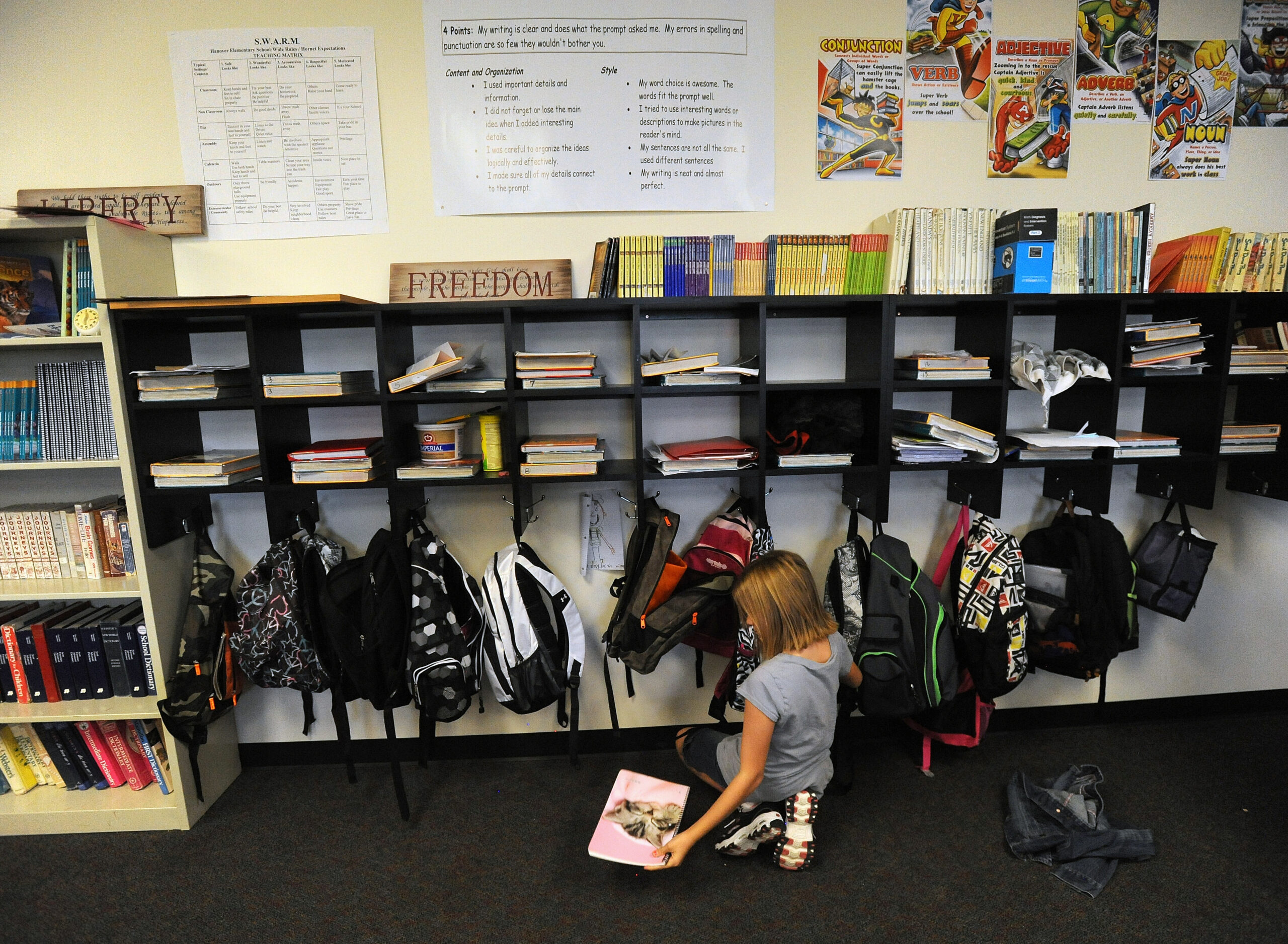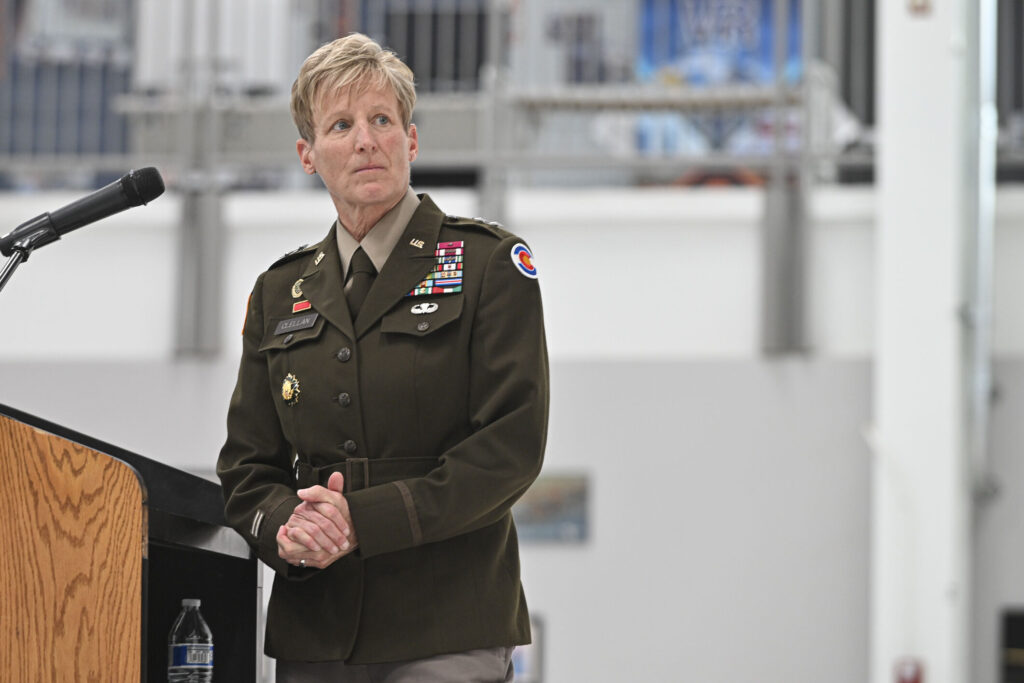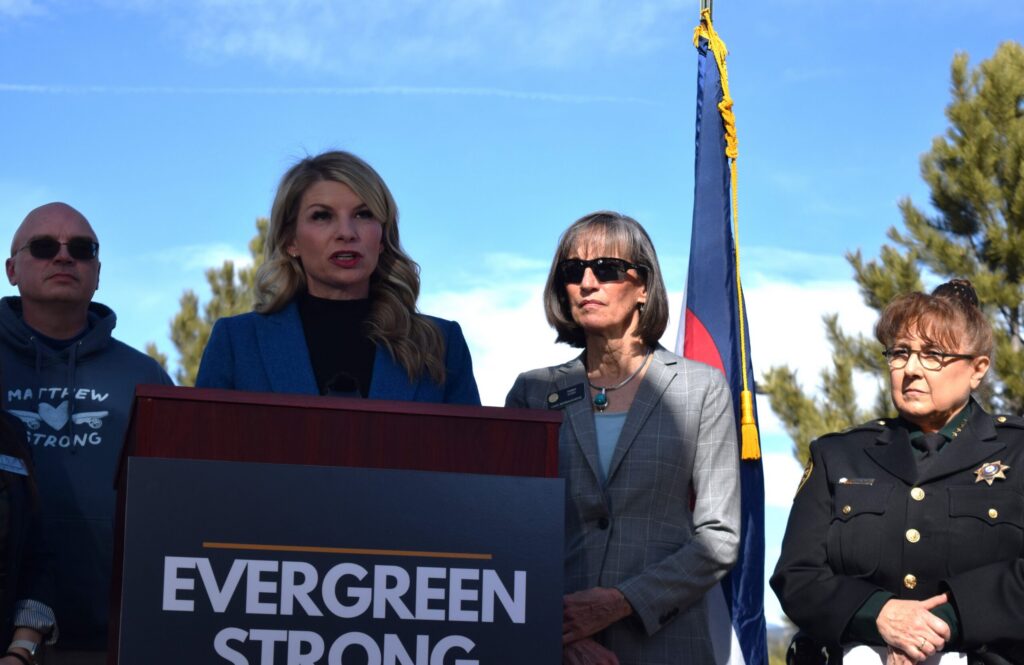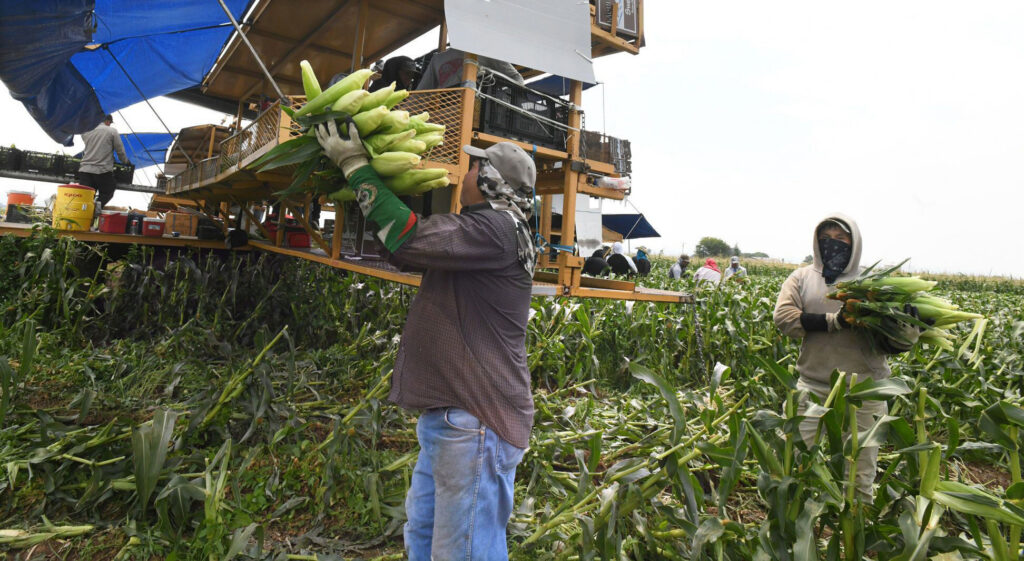Rural teacher shortage bill battles Colo. Senate snag
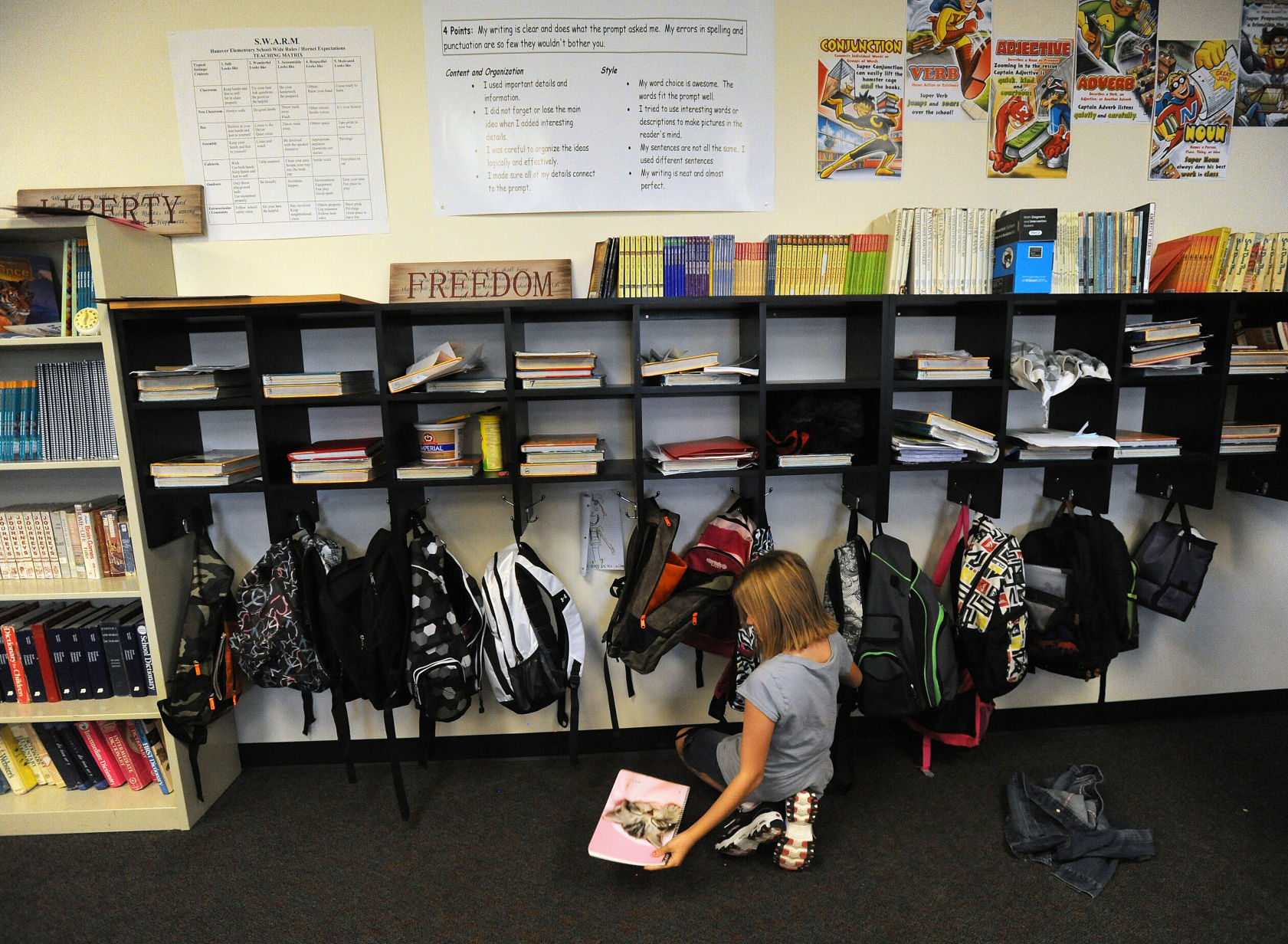
A compromise hammered out Monday morning between Colorado’s House and Senate means a bill – intended to help resolve rural teacher shortages – that almost made it to the governor’s desk has another shot.
Senate Bill 85 won final approval for House amendments on a 31-3 vote on April 27. But Senate President Pro Tem Jerry Sonnenberg of Sterling had problems with the final version and sought a delay to work out those issues.
The bill, in the amended version sent over from the House and initially adopted by the Senate, would allow special service educators (think nurses, physical or occupational therapists, social workers and the like) to apply for a rural school district grant program that covers the cost of tuition or other professional development expenses. Senate Bill 85 also expanded the number of slots in the program, which is administered by the University of Northern Colorado, from 20 to 60, to allow for those additional applicants.
Monday’s conference committee approved an amendment that said once all teacher applicants had been accepted, remaining slots would be open to special service educators.
The program was launched in 2016 as a way to recruit and retain teachers in rural school districts. Teacher who apply for a grant, valued at up to $6,000, commit to teaching in a rural district for three years.
According to the fiscal analysis, nine rural districts have benefitted from the program so far. Since its rollout in the spring of 2017, 15 grants have been awarded, with 10 going to teachers who want to be certified in concurrent enrollment (the authority to teach college courses in high school); five have sought grants for national board certification.
But rural school officials say they have additional needs, and that’s where Senate Bill 85 comes in. Schools must also provide services to students with special needs, whether it’s assistance from a nurse, speech therapist, conselor or social worker.
The bill, in the version that nearly cleared the Senate, would have allowed special services providers to apply for those grants, but Sonnenberg pointed out the program was set up for teachers and should stick to its original intent.
Republican Sen. Jack Tate of Centennial, at Sonnenberg’s behest, asked the Senate to reconsider its 31-3 vote on the amendments, and the bill headed off to a conference committee that met Monday morning.
Democratic Sen. Nancy Todd of Aurora, the bill’s Senate sponsor, was visibly upset with the last-minute delay. She told Colorado Politics last week that every school district, rural or urban, has children with special needs and, thus, a need for a special service educator to work with those students. Without those educators, the kids are shortchanged, she said.
“It’s hard enough to get teachers to go to rural districts” and harder still when those teachers know there are no special services educators to help with special needs students, she said.
Democratic Rep. Barbara McLachlan of Durango sponsored the bill in the House.
Grant Schmitt, superintendent of the Hanover School District in eastern El Paso County, needed a social worker for his district a year ago and hired the only person who applied. But she’s leaving at the end of this school year because she can get into a loan forgiveness program in another school district, and “I can’t compete” with that.
“I can recruit for a social worker,” he said, “but I can’t retain one. If I had the stipend, we could repay her.”
Schmitt said students who live on the Fort Carson Army Base, on the western edge of the school district, are those most in need of social workers because their parents are being deployed to Afghanistan or Germany. Those students need social services support to cope with those long absences, he said.
Michelle Murphy, head of the state’s Rural School Alliance, said the shortage of social service staff, including those who work with special education students, is critical in rural school districts. In some districts, those shortages are worse than the teacher shortages. Senate Bill 85 was the alliance’s top legislative priority and sought specifically to deal with the special services educator shortage.
And those services are also required by federal law, she pointed out.
Senate Bill 85 now goes back to the House and Senate for approval of the conference committee amendment, and if accepted, will once again make its way to the governor for signing.
